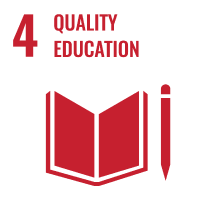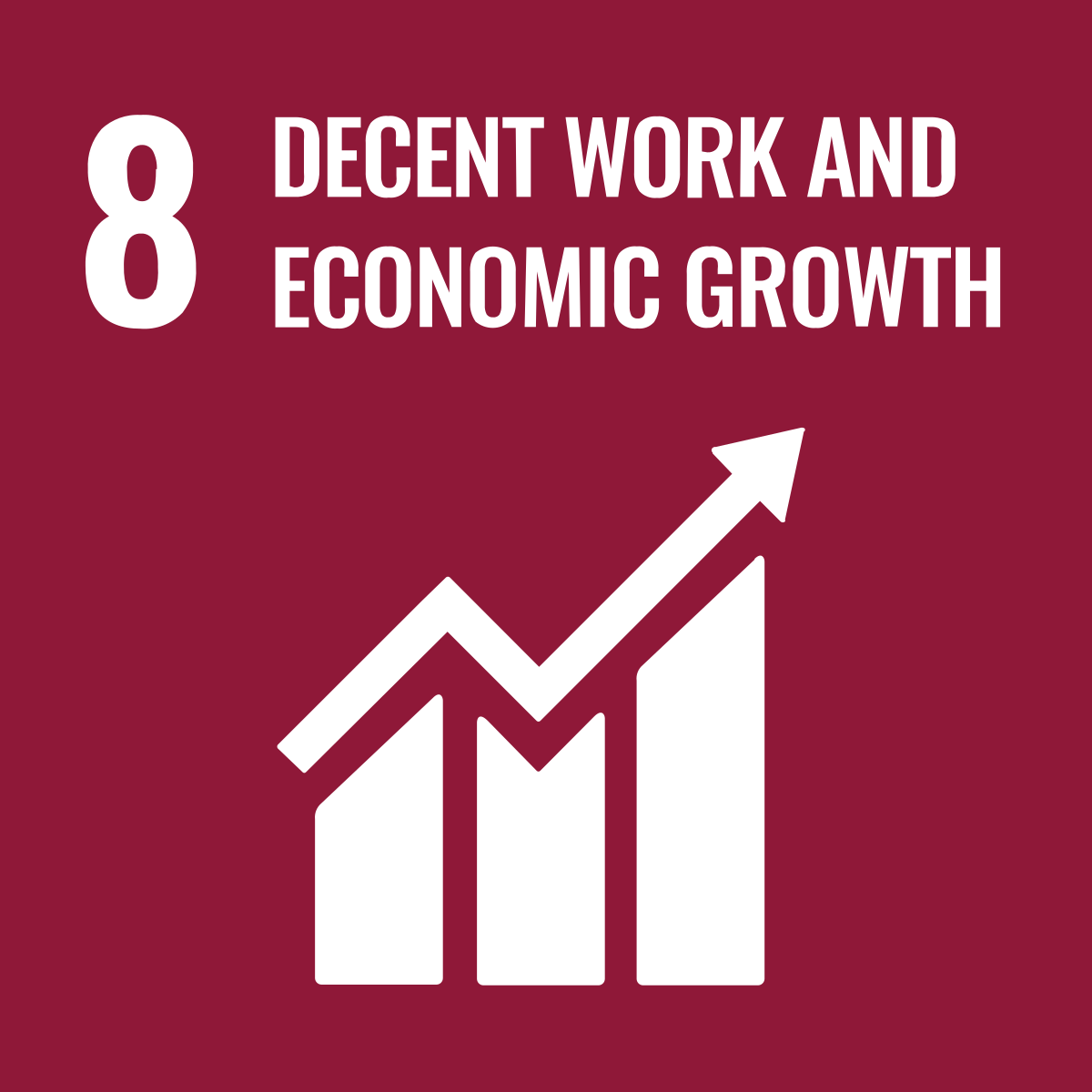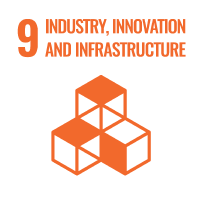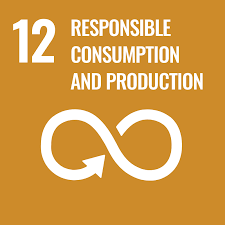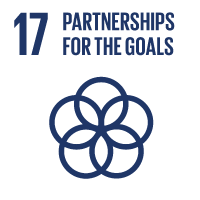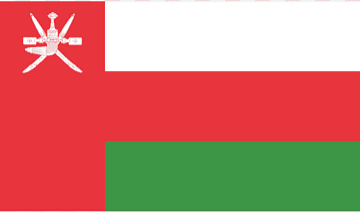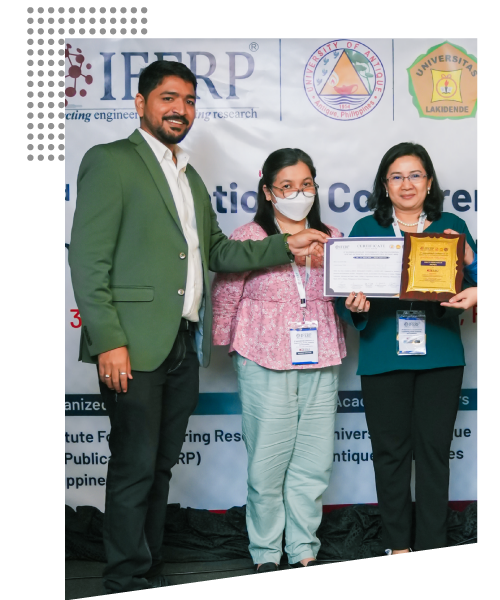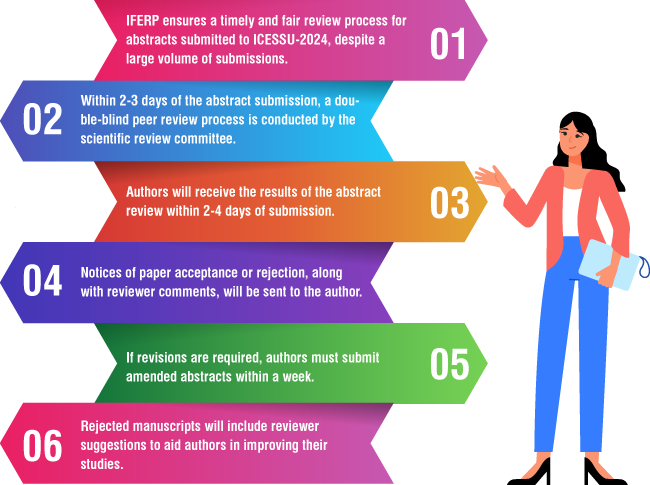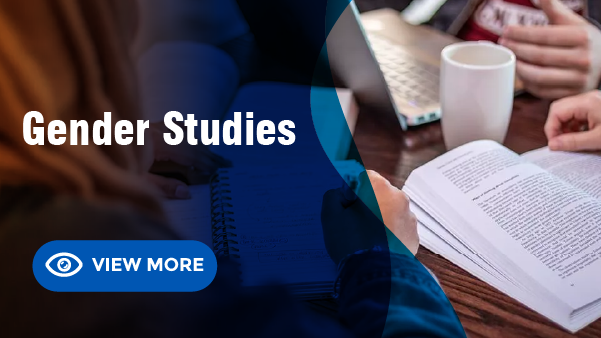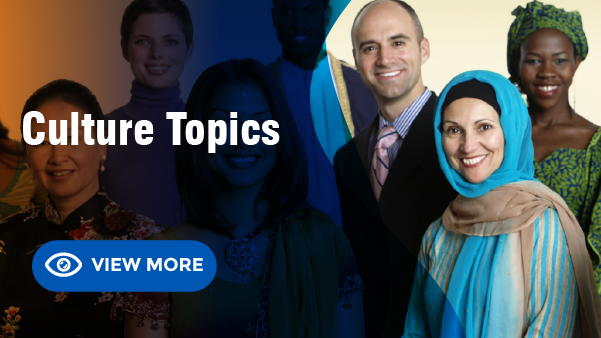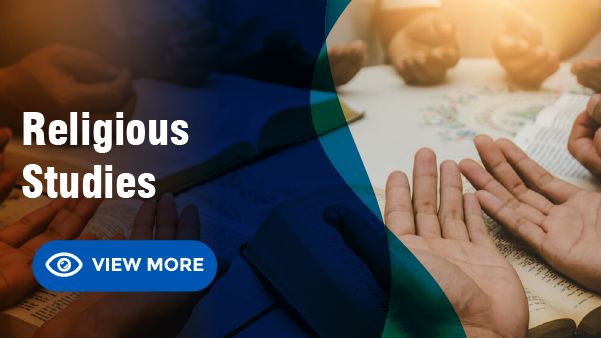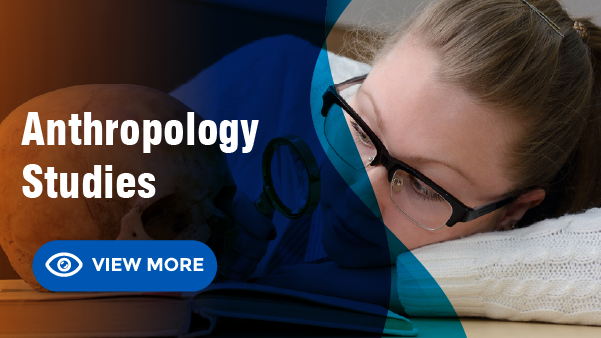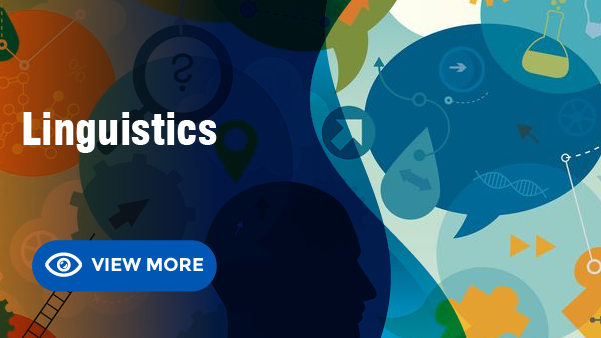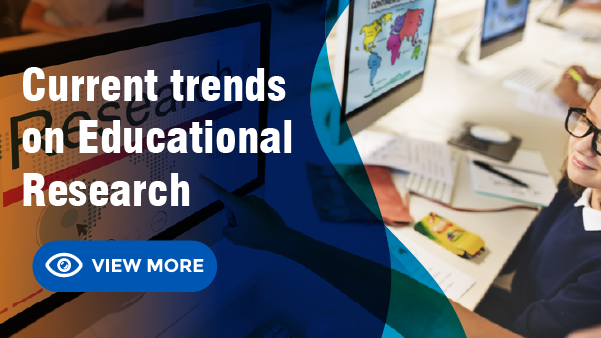Current trends on Educational
Research
Session Overview
The 4th Asia Pacific Conference on Educational Research, Social Science and Humanities (APCERSSH-2025) is designed to serve as a premier platform for esteemed Research Experts worldwide. Attendees can anticipate unparalleled opportunities to network, gain invaluable insights, showcase their hidden potential, present significant research findings, and receive due credit and recognition for their diligent work. With an overarching theme centred on preparing for a sustainable future, the conference aims to pave the way for a healthier and brighter tomorrow for generations to come. Prepare to embark on an extraordinary journey of research innovation, collaboration, and enlightenment as we collectively strive to shape the future and redefine the very essence of scholarly achievement. APCERSSH-2025 cordially invites submissions of full papers and abstracts across a spectrum of sessions, including (but not limited to) the following:
(a) Gender Studies, (b) Culture Studies, (c) Political Studies, (d) Religious Studies, (e) Anthropology Studies, (f) Linguistics, (g) Current Trends in Educational Research, (h) Finance, Marketing, HRM and Economics

